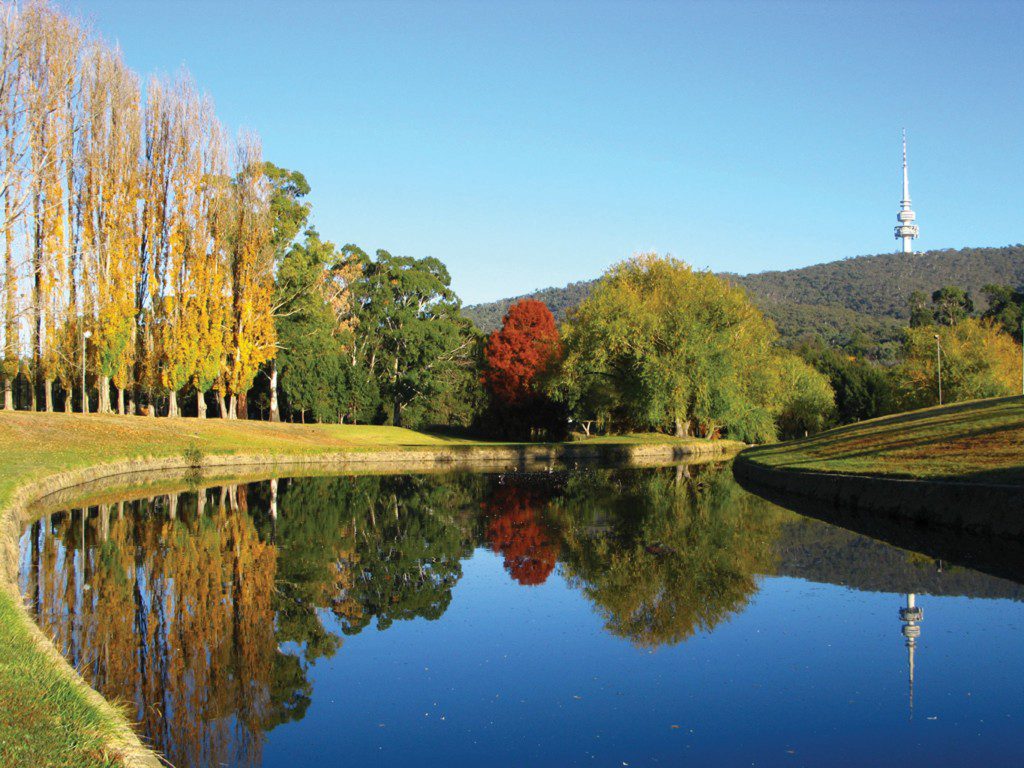In a recent partnership with King’s College London, the ANU is set to become the first international base for the Global Institute for Women’s Leadership.
Chaired by former Prime Minister Julia Gillard, the institute researches “the causes of women’s underrepresentation in leadership positions,” and was established in 2018 to collate “research, practice, and advocacy” surrounding the effects of gender inequality in leadership positions.
Previous and ongoing research commitments led by the Institute have addressed global attitudes towards gender and harassment in research and innovation sectors.
This new branch will act as an Asia-Pacific satellite, specifically addressing issues faced within this region with research and advocacy led by experts at the ANU. With regards to this partnership, Gillard notes that the “Institute will broaden our network of researchers and practitioners and help us get the message out about what is effective in promoting gender equality.”
“We want to see a world in which all women… are able to fulfil their potential free from prejudice, discrimination and biased assumptions about their abilities or personalities,” the former Prime Minister highlighted.
Gillard hopes to broaden the reach of the Institute and establish a global network advocating for women in leadership. While no specific researchers have been named in heading the partnership, ANU has emphasised the expertise of itself in this region. Additionally, new academic staff will be appointed to lead this work.
Brian Schmidt has commended the collaboration, stating that the “ANU will support the Global Institute for Women’s Leadership to help drive change and improve gender equity in Asia and the Pacific.”
With the support of university administration, it is hopeful that the Institute’s work will be a success throughout the region and perhaps set the foundations for future expansion. The President of King’s College echoes Schmidt’s sentiments and suggests the possibility of future collaboration between the two universities.
We acknowledge the Ngunnawal and Ngambri people, who are the Traditional Custodians of the land on which Woroni, Woroni Radio and Woroni TV are created, edited, published, printed and distributed. We pay our respects to Elders past and present. We acknowledge that the name Woroni was taken from the Wadi Wadi Nation without permission, and we are striving to do better for future reconciliation.
